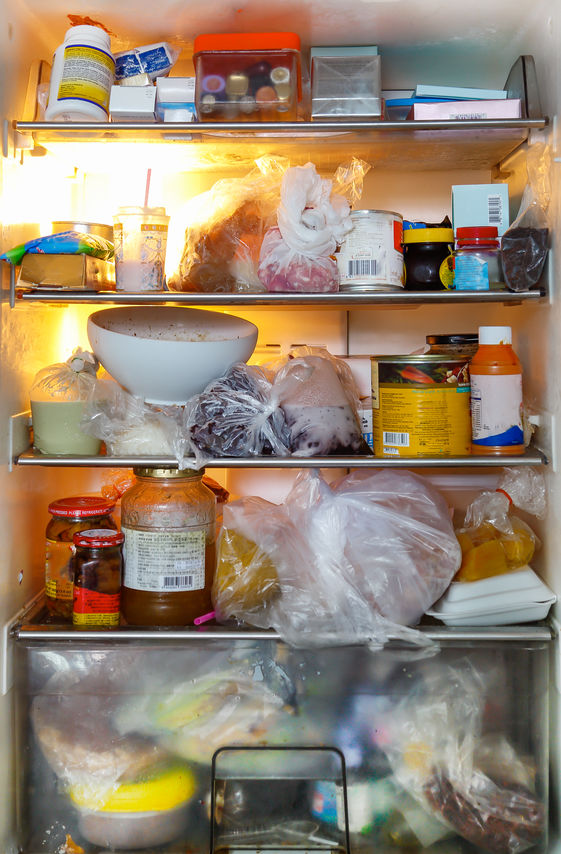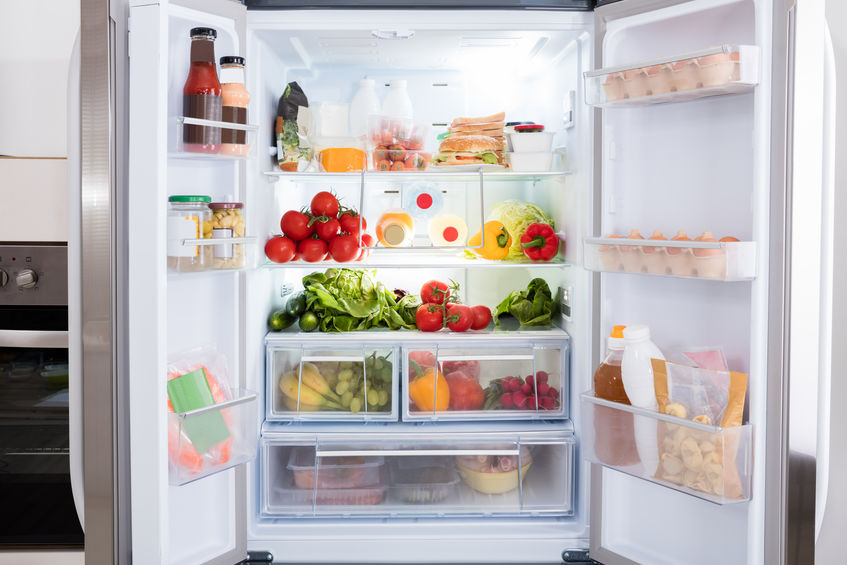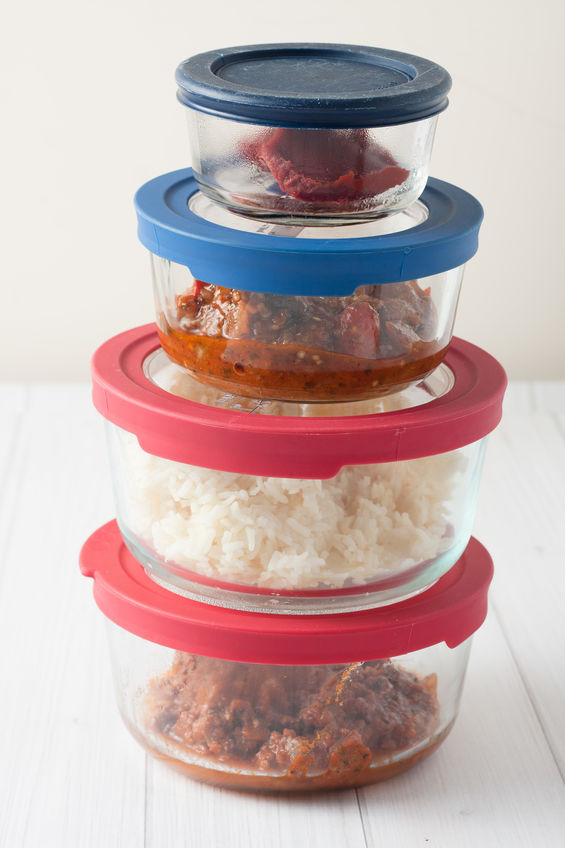After my last post about re-organizing all the food in your kitchen, I imagined people tossing out massive amounts of food, including wilting produce, stale bread and anything past its best-before date. The sad truth is that, in Canada, the average household throws out or composts $1,100 of food each year. That’s both a lot of food and money going to waste! Being disorganized can be costly.
As a professional organizer, I can help you reduce your household food waste – and ultimately, save you lot of money. I can introduce you to:
- easy-to-adopt habits for food storage
- easy-to-break habits for food shopping
Organize Your Food Storage
A well-organized fridge is key to reducing food waste. For starters, storing food in the proper sections of your fridge is key to longer lasting food. For what to put where, click here.
Also, understand that best-before dates are not the same as expiry dates. Best-before dates refer to the quality of the food: it may not be as fresh, flavourful or nutritious, but it is still safe to eat. In contrast, expiry dates indicate the last day a food is safe to consume and should be discarded.

If something is nearing or even past its best before date, don’t toss it. Use it! Especially for busy households, I often recommend designating a section of the fridge for food nearing its “end of life.” With some culinary creativity, chances are there’s enough to make a meal with what’s already in your fridge. It’s amazing how gathering things like the last of an onion, the final fistful from a bag of spinach and the end of a wedge of Parmesan can make a delicious omelet. I also keep vegetable trimmings and chicken bones in the freezer and add to it each time I cook. When the freezer bags re full then I make soup stock.
CLUTTERFLY TIP:
Canadians throw out 450,000 eggs every day! To test an egg for freshness, drop it in a glass of water. If it sinks and stays at the bottom, it’s still good to eat.
When it comes to sitting down for a meal, if you end up not being able to eat everything on your plate, don’t scrape your scraps into your compost bin. Save the leftovers for a late-night snack or tomorrow’s lunch. But what to store them in? As a professional organizer, I can help you sort through and organize your storage containers, making sure you have a practical selection of various sizes. Sets designed with smaller containers nesting inside larger ones are my favourite.

I see disorganized fridges like this all the time in clients’s homes. Poor food storage and crammed shelves, increase the chance of food spoilage and waste.

Yes your fridge can look like this and stay that way!
Organize Your Food Shopping
Your groceries eat up enough of your monthly budget, so when it comes to food waste, consider your shopping habits. As a professional organizer, I can introduce you to easy ways to keep track of the groceries you need and the right quantities to buy.
For example, always shop with a list organized according to the path you walk through your grocery store. Listing together all produce, canned goods, frozen items, etc., can ensure you get everything you need, while at the same time reducing the chances of buying too much. Fresh lettuce, pears and other perishables always looks delicious, especially if you shop on an empty stomach – and it’s easy to end up with more than you can eat in a week. And if you live in a small condo with very little storage then please don’t shop in bulk!
When maintaining a grocery list, keep track of both what you’ve used up and what you tossed out – and adjust accordingly. Just because it’s on sale, doesn’t mean you should buy it. You’re not saving money stocking up on more than your usual weekly number of bags of salad when they’re on sale, if it’s more than you can eat before the expiry dates.
CLUTTERFLY TIP:
When you’re in a hurry and don’t have time to make a grocery list, use your mobile phone and take quick photos of what’s inside your fridge, freezer and pantry.
As a Toronto professional organizer with more than 6 years of experience, nearly all of my clients – everyone from busy working parents to those with hoarding behaviours – have had expired or spoiled food in their kitchen. Rather than feeling bad about how much food waste you’re sending to the curb, focus on the fact that 63% of household food waste is preventable! So let’s meet to discuss all the ways I can help you minimize food waste – and help save money, too!

